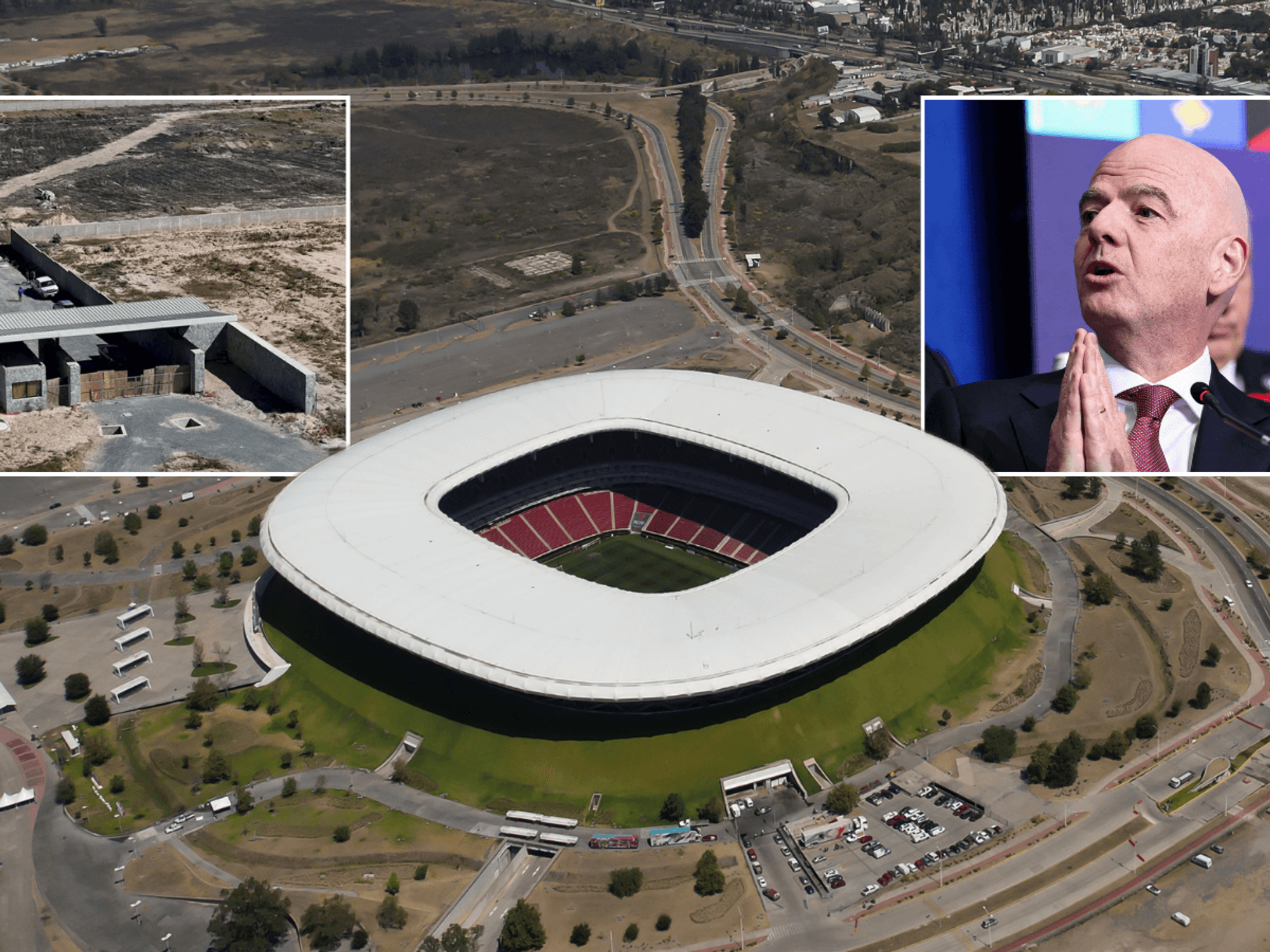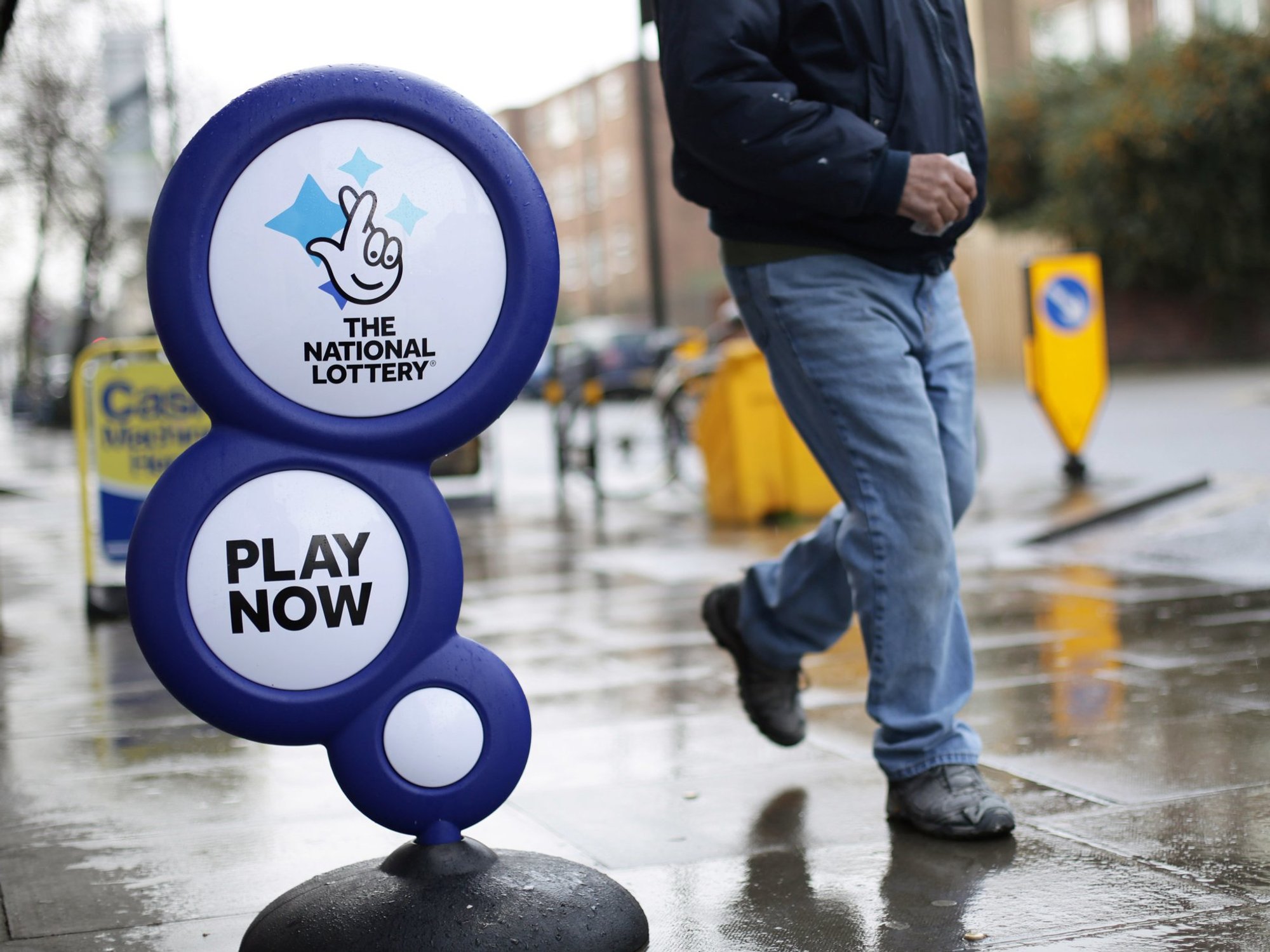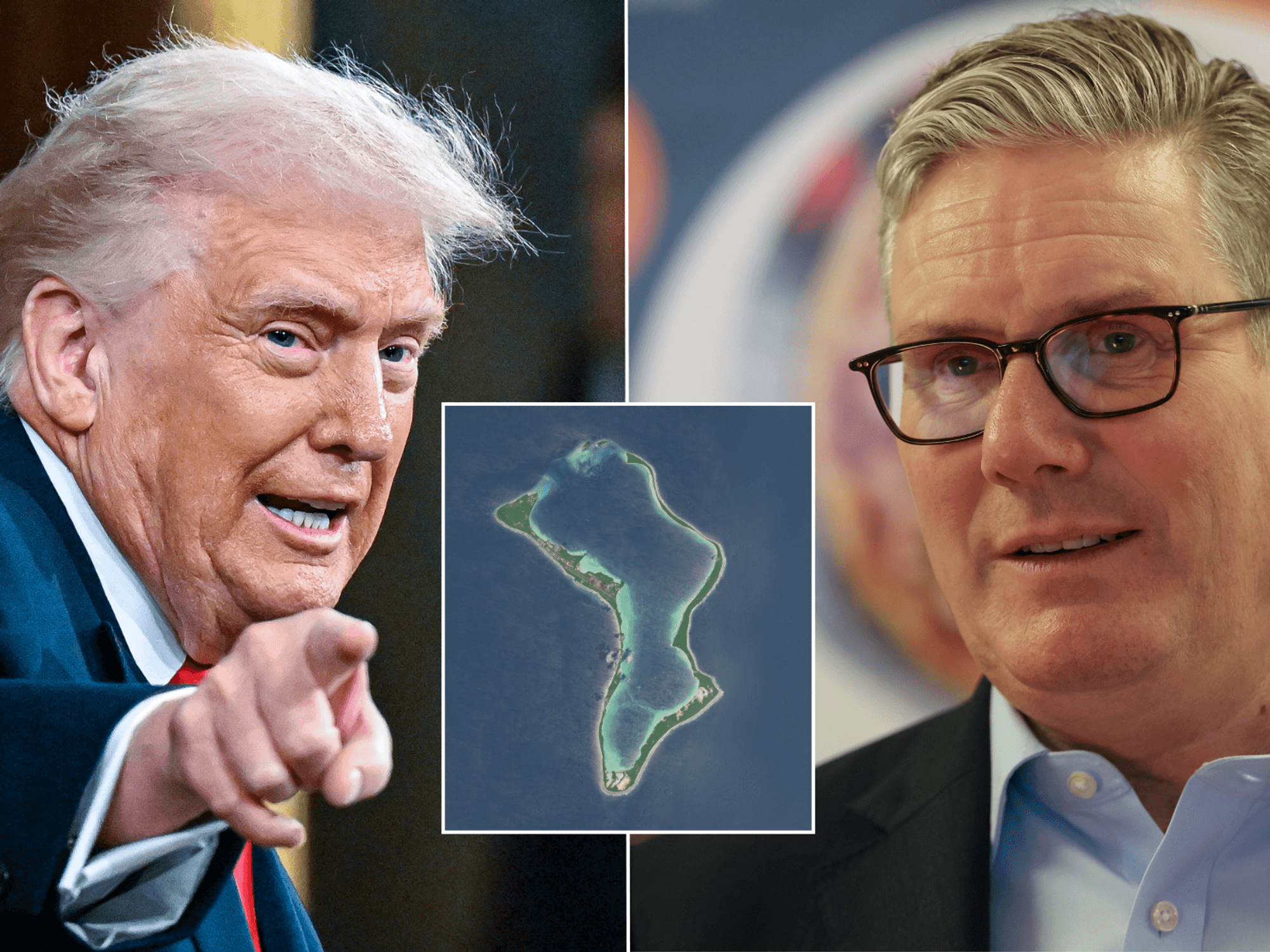Vauxhall owner Stellantis axes hydrogen vehicle production with 'no prospects' for 'niche market'
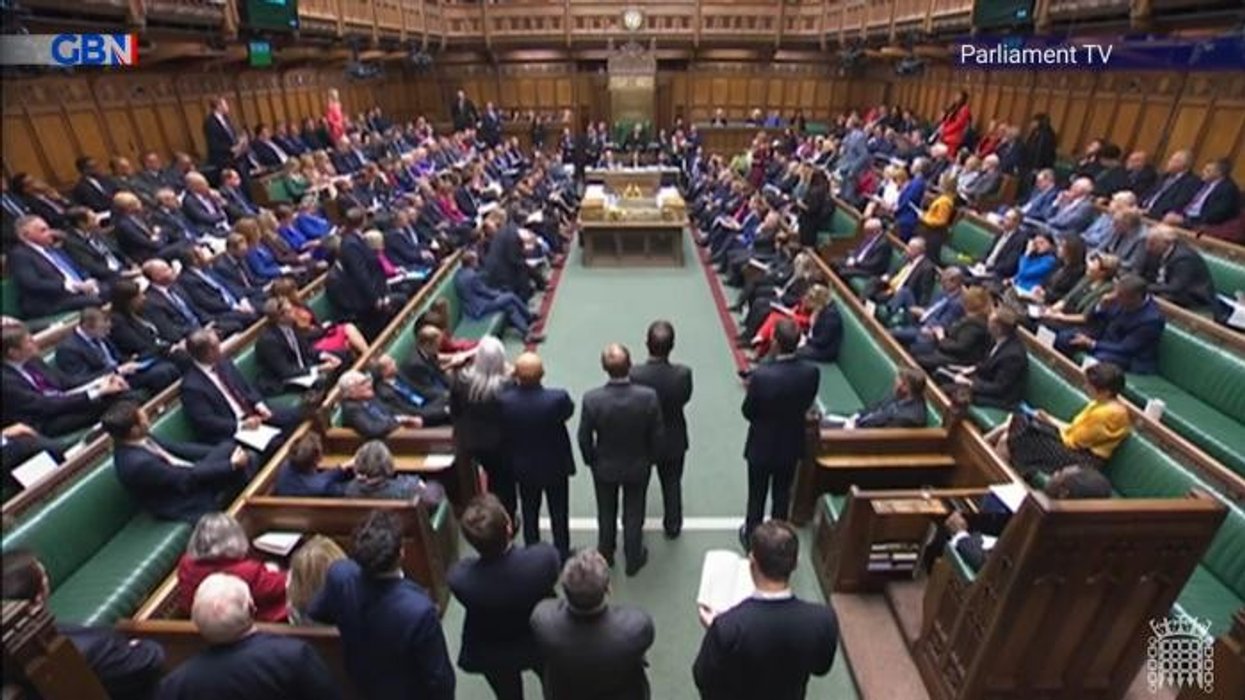
WATCH: Siobhan Baillie asks the Prime Minister about hydrogen vehicles during PMQs
|PARLIAMENT TV

Stellantis said that hydrogen fuel cell vehicles remain a 'niche market'
Don't Miss
Most Read
Stellantis has announced that it will be discontinuing its support for hydrogen vehicles, citing "no development prospect" in backing for the technology.
In a statement, the popular car brand announced that it would be ending its hydrogen fuel cell technology development programme.
It cited several issues with limited availability of hydrogen refuelling infrastructure, high capital requirements and the need for stronger incentives for motorists.
Stellantis said it does not anticipate that the adoption of hydrogen-powered light commercial vehicles will increase before the end of the decade.
Do you have a story you'd like to share? Get in touch by emailing motoring@gbnews.uk
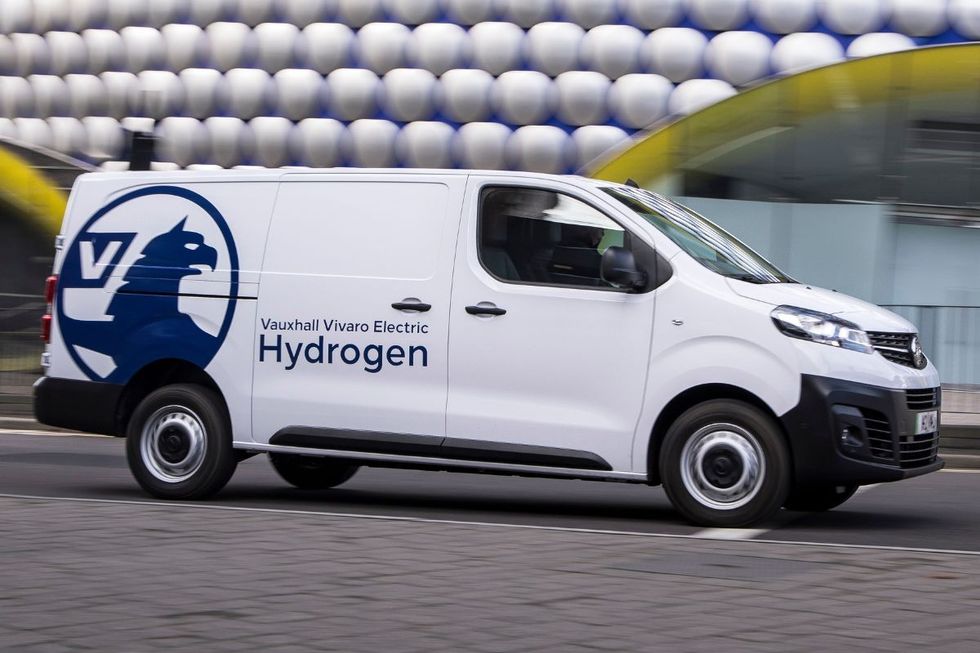
Vauxhall currently sells two hydrogen fuel cell vans
|STELLANTIS
As a result, Stellantis stated that it would not go ahead with the launch of its new range of hydrogen fuel cell Pro One vehicles.
Production of the hydrogen-powered vehicles was scheduled to start in the coming months in Hordain, France (medium-sized vans) and Gliwice, Poland (large vans).
Jean-Philippe Imparato, COO at Stellantis for Enlarged Europe, said: "In a context where the Company is mobilising to respond to demanding CO2 regulations in Europe, Stellantis has decided to discontinue its hydrogen fuel cell technology development programme.
"The hydrogen market remains a niche segment, with no prospects of mid-term economic sustainability."
He added that Stellantis needed to make the "clear and responsible" choice to ensure the brand remained competitive alongside rival manufacturers.
Imparato also highlighted the importance of meeting the expectations that motorists have of electric and hybrid light commercial vehicles.
Stellantis outlined that the decision would not impact staffing at any of Stellantis' production sites.
Any research and development that was involved with hydrogen fuel cell vehicles will be redirected to other projects.
LATEST DEVELOPMENTS:
- Cyclists caught breaking more traffic rules than drivers across London with offenders facing £1,000 penalties
- Major car brands make feelings clear on Labour's new electric vehicle grant - 'Even more affordable'
- Drivers of popular vehicles given major boost as ultra-rapid charging options boost support for EVs
The statement also identified financial challenges for stakeholders, especially with partner group Symbio.
Vauxhall, which is under the Stellantis umbrella, currently sells the Vivaro Hydrogen van, with a suitable range of up to 249 miles and ultra-fast refuelling of just three minutes.
It announced last year that customer trials across the UK are already underway, with sister brand Opel, selling Vivaro Hydrogen models in European markets.
Vauxhall also sells the Movano Hydrogen, which can be purchased for £31,215 and has a range of up to 311 miles and refuelling time of under five minutes.
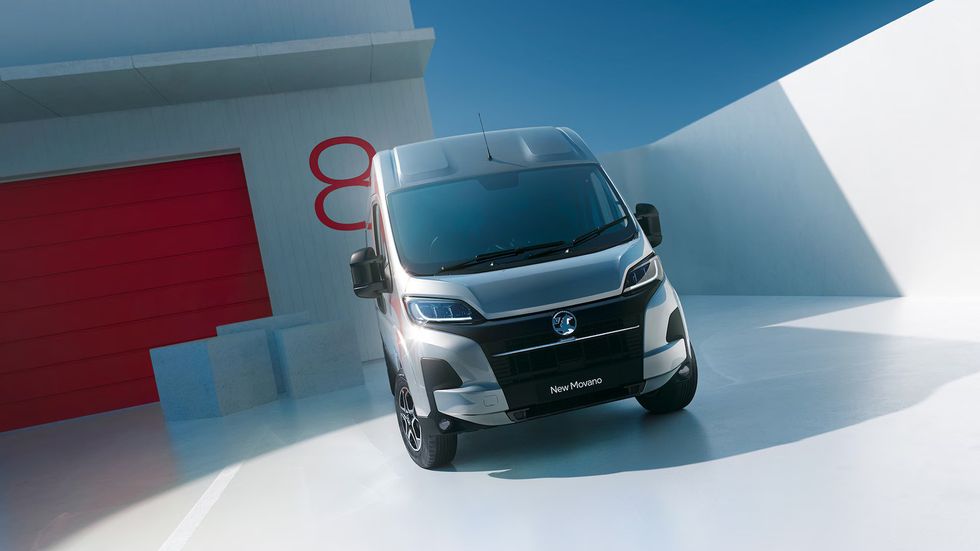 The hydrogen fuel cell Vauxhall Movano is priced at just over £31,000 | VAUXHALL
The hydrogen fuel cell Vauxhall Movano is priced at just over £31,000 | VAUXHALLIt remains to be seen what will happen to these models, with expectations that Vauxhall will sell existing models before ending production.
According to the latest Hydrogen Strategy report, there are around 265 registered hydrogen vehicles in the UK, including buses, HGVs, vans and cars.
It does, however, outline plans for the Zero Emission Heavy Goods Vehicle and Infrastructure Demonstrator Programme, which is set to be in place next March.
It will demonstrate how "dozens" of hydrogen fuel cell HGVs and the associated refuelling infrastructure can be suited for specific uses around the country.





